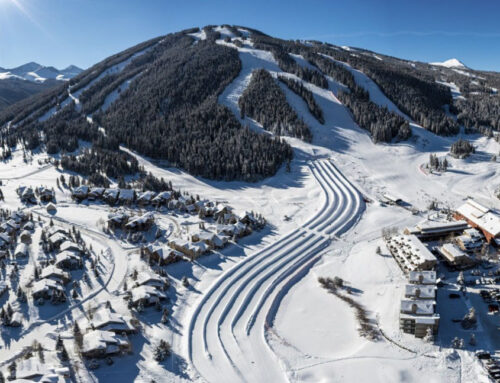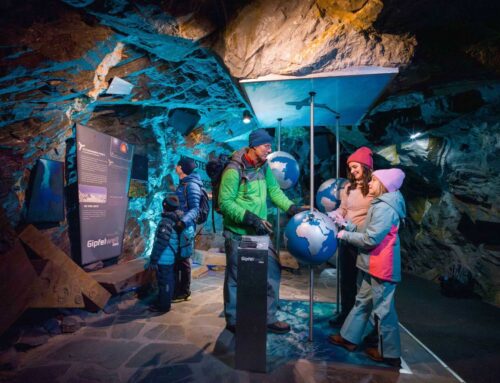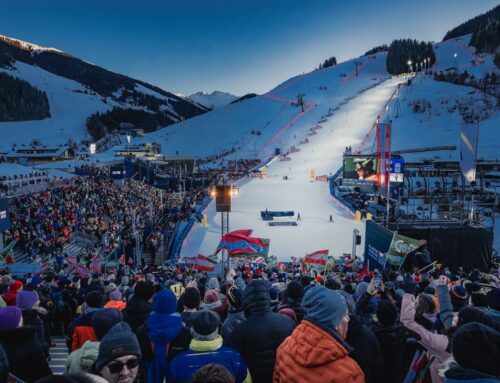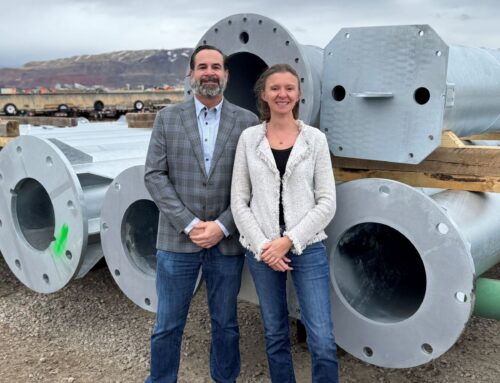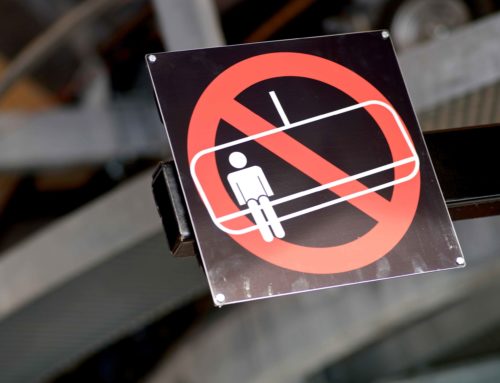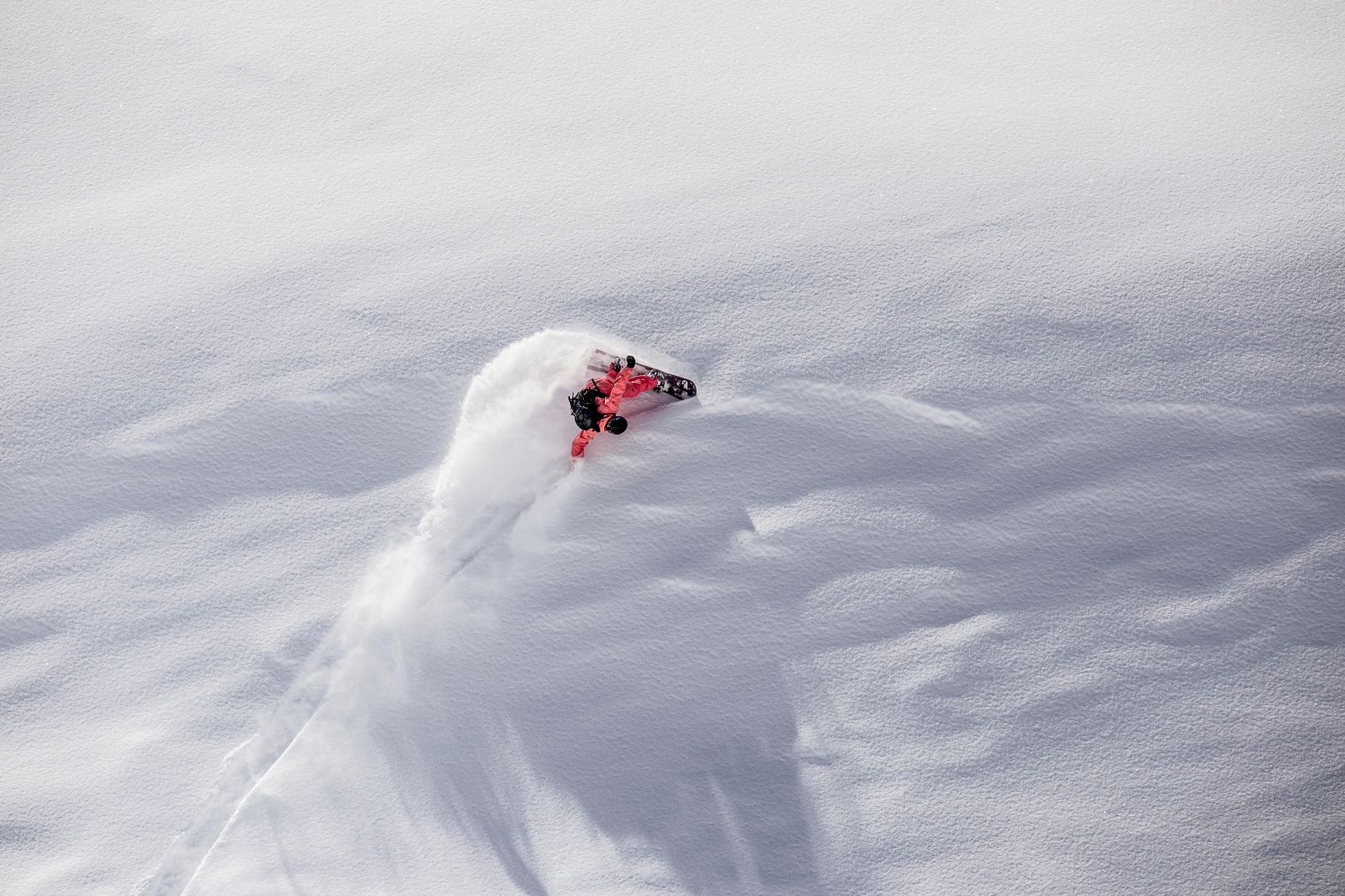
Management & Tourism, SI-Alpin
Ski resorts are not incidence drivers
Thanks to the controlled opening of the ski areas, Graubünden was spared an economic loss of probably one billion Swiss francs last winter.
The strategy was also a success from a health point of view: the incidence rates are 20 per cent lower than in Tyrol and there were 38 per cent fewer snow sports accidents.
Scare scenarios did not materialise
As BBGR Managing Director Marcus Gschwend notes, the Graubünden strategy of opening ski areas last winter proved to be correct: “The prophesied horror scenarios of endangering the health system did not materialise.”
Marcus Gschwend backed up this conclusion with a comparison of the incidences of Graubünden and Tyrol compiled by BBGR. There, despite the more restrictive ski area policy, there were not fewer corona infections compared to Graubünden’s controlled opening strategy.
On the contrary: cumulatively from October 2020 to April 2021, these are about 20 percent lower in Graubünden than in Tyrol (6,100 cases to 7,400 per 100,000 inhabitants).
In addition, the snow sports accidents in Graubünden show no increase in serious accidents and even a decrease of 38 percent in accidents overall. These statistics are based on the accident database of Seilbahnen Schweiz (SBS), which manages the piste rescue services.
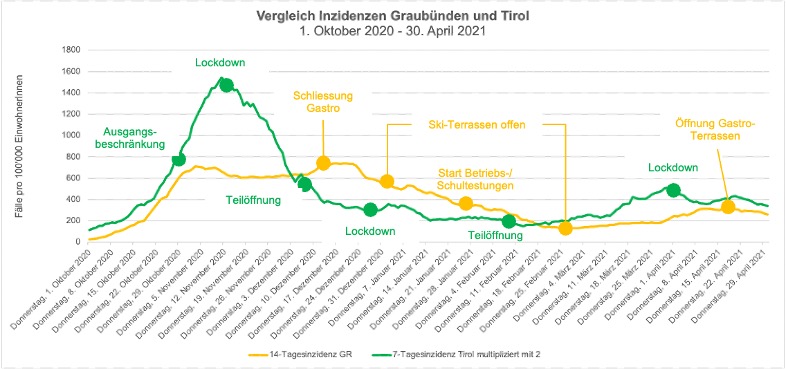
One million guests less
The mountain railway companies are glad that they were allowed to operate their facilities and were thus able to make a significant contribution to preventing economic damage estimated at around CHF 1 billion.
First-time admissions to the ski resorts in Graubünden fell by 16.2 per cent last winter. Transport turnover fell by 14.8 per cent. Mountain gastronomy suffered a loss in turnover of over 50 per cent.
This means that the mountain railways in Graubünden lost 1.1 million guests and 34 million in transport turnover. These are the figures of the tourism monitor of Bergbahnen Graubünden (BBGR), which with 23 mountain railway companies covers 90 per cent of the transport turnover of the Graubünden mountain railways. The 2018/19 season was used as a comparative winter due to corona.
Economic damage reduced
According to Marcus Gschwend, various alpine value-added studies assume that mountain railways generate 5 to 7 additional francs in other sectors for every franc in transport turnover. With a loss of 34 million francs in transport turnover, this amounts to an effect of 170 to 240 million francs.
If the Graubünden ski areas had been closed, the potential negative effect would have been 1 to 1.4 billion francs with a lost transport turnover of 205 million francs (winter 2018/19).
In total, the opening of ski areas in Graubünden prevented a loss of probably 0.8 to 1.2 billion francs according to the BBGR projection.
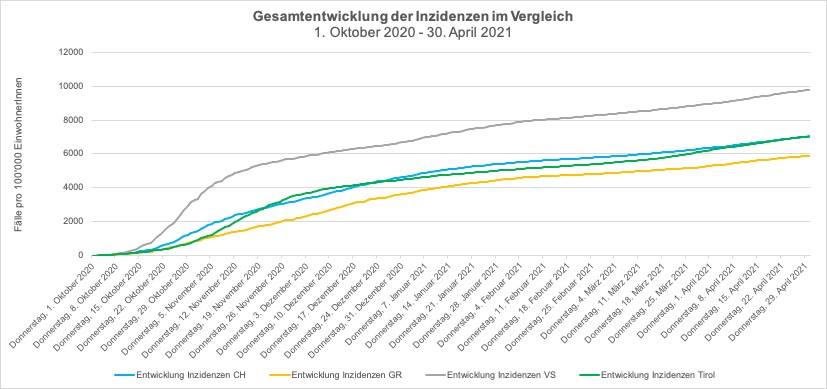
Worst winter in 20 years
Together with the 2019/20 winter, which ended prematurely due to the lockdown in March 2020, last winter was one of the worst two winters in the last 20 years. Despite the best snow conditions, the biggest declines were recorded in December, January and March.
While December was marked by the Graubünden lockdown, January and March saw a lack of older customers (risk group), guests from events, company outings, ski camps and international customers. On the very busy Easter days, guests from Germany, Italy, Benelux and Poland returned to some extent.
The significantly poorer figures in the Lower Engadine are due to the closure of the Ischgl ski area. The Upper Engadine felt the lack of international customers.
The decline in turnover in mountain gastronomy is likely to be over 50 per cent. BBGR managing director Marcus Gschwend sums up: “Despite all the challenges, the mountain railways got off lightly in the transport sector”.
The terrace solution had proven itself from an epidemiological as well as a guest perspective. This was also shown by the opening steps for gastronomy implemented by the federal government two months later. For the coming summer, the opening of the gastronomic indoor areas on the mountain is also of great importance because of the quality and convenience.
Marcus Gschwend,
Managing Director Mountain Railways Graubünden (BBGR)
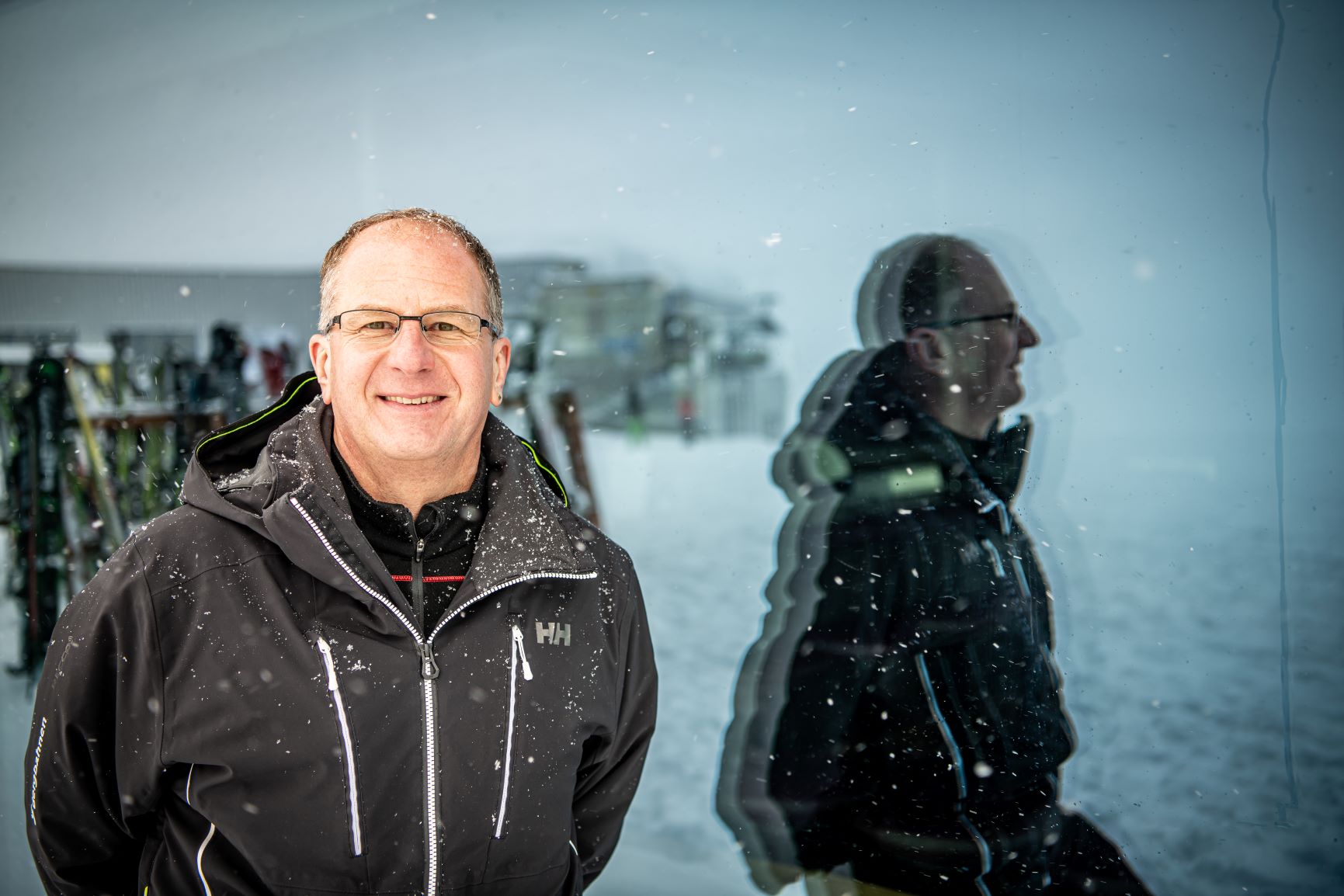
Investments will be difficult
According to BBGR managing director Marcus Gschwend, the economic and health balance of the Graubünden ski area openings last winter shows the importance of the interaction between the private tourism service providers, the industry associations and the canton.
Together, a sensible strategy was found and implemented with the controlled opening. Together with the cantonal testing and vaccination strategy, this makes an active contribution to combating the pandemic.
However, the mountain railways still need support, warned Managing Director Marcus Gschwend. Despite the considerable additional expenditure for the implementation of the protection concepts, most mountain railway companies were able to cover their operating costs with their revenues.
However, it is a challenge to make the necessary depreciations as well as operationally necessary investments. He also appealed to the lenders to show understanding for the deferral of amortisation and interest payments.
In addition, the federal government and the canton need impulse and start-up programmes for investments to maintain the competitiveness and development capability of the engines of Graubünden tourism. This is particularly important in comparison with competitors at home and abroad.
